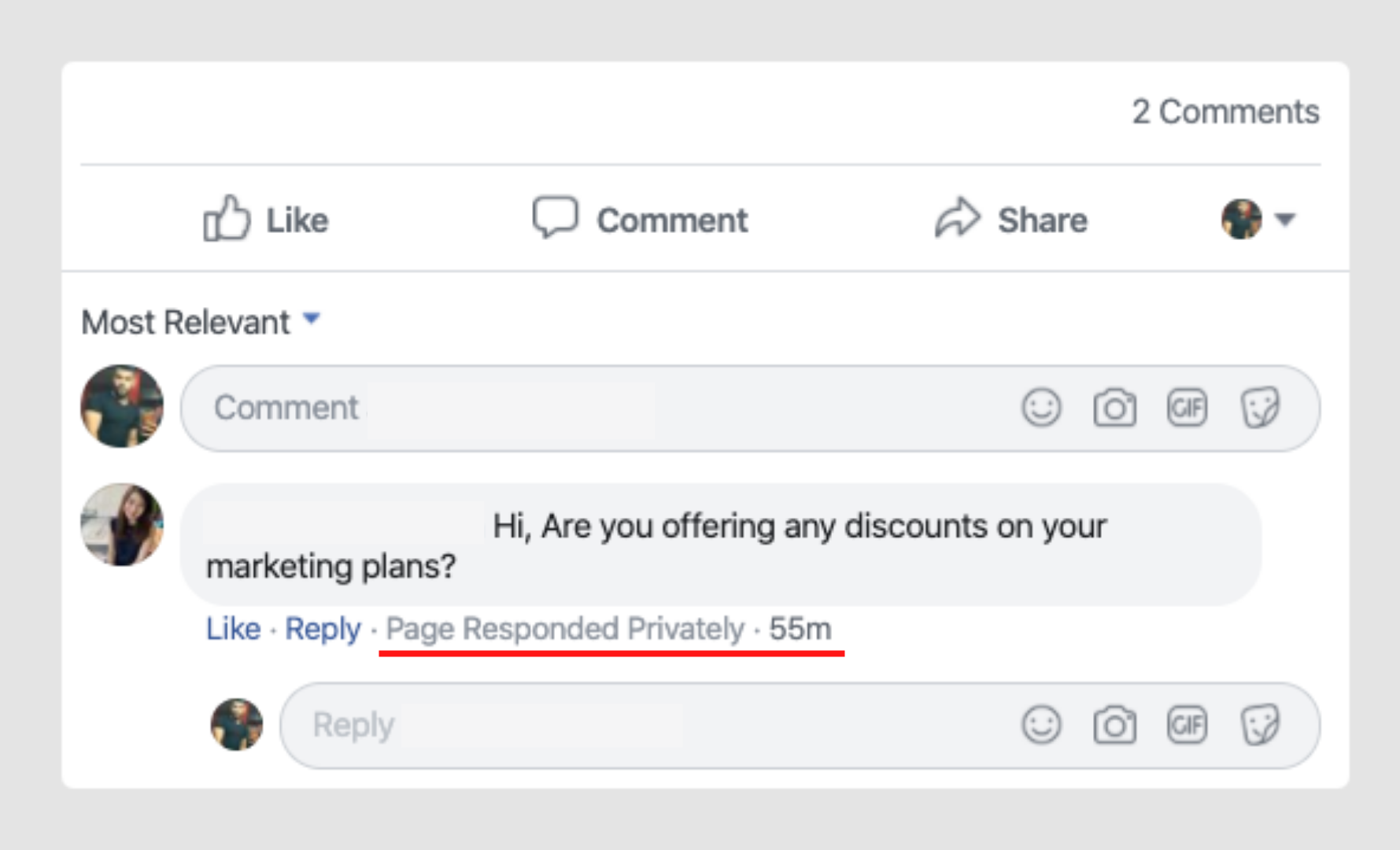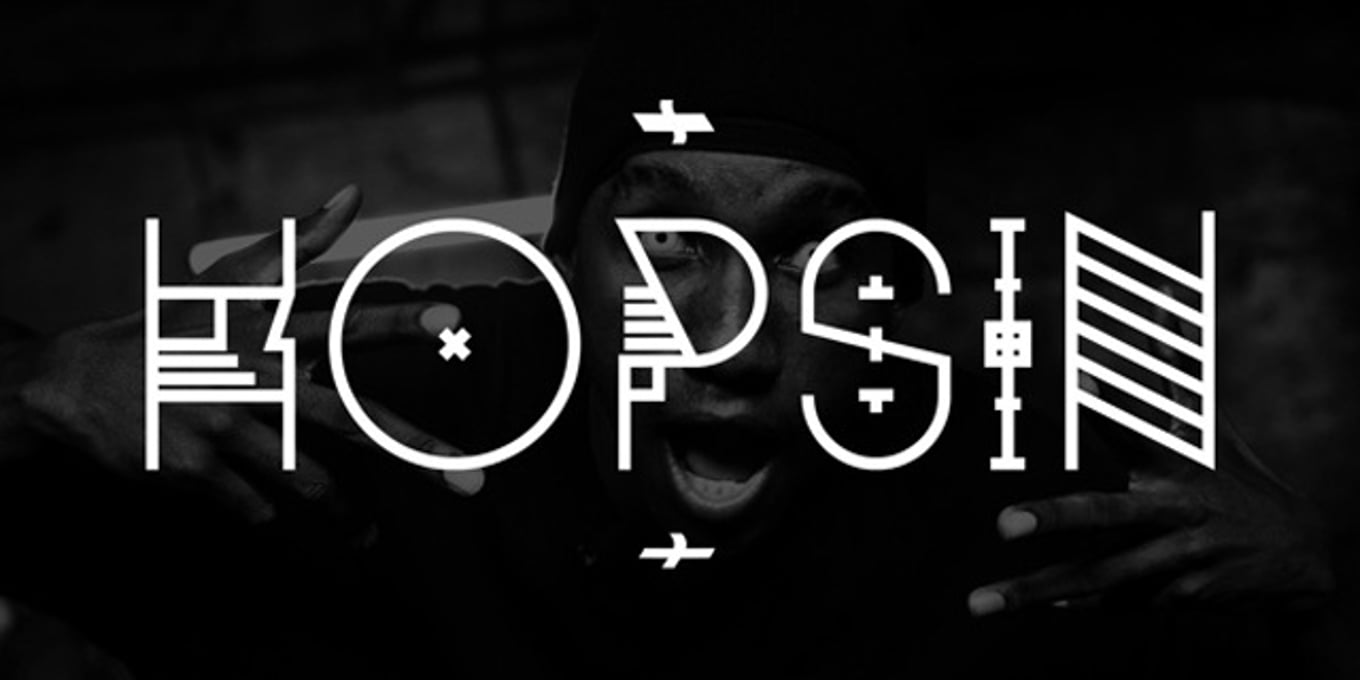How to respond to negative comments on social media

Working on behalf of our incredible not-for-profit clients across the Social Justice space means we come across a number of challenges when putting our clients out there on social media platforms.
While social media is a key part of building awareness about a service and creating a community, there are also challenges and risks associated with it that need to be managed.
Comments sections are key in engaging audiences and creating a connection between organisations and their audiences but when negative comments appear, the question arises: what’s the best way to deal with them?
As background, we know that:
- The majority of people read (and care about) online reviews.
- The majority of people pay attention to how businesses respond to these online reviews.
The first step to take is to ensure comments are being monitored and any negative comments addressed swiftly.
From our perspective, these negative comments mainly fall into two broad categories:
- Profane or extreme derogatory comments towards individuals or organisations - These should be deleted or hidden.
- Negative criticism or feedback about any aspect of your services - These should be responded to authentically, in a polite way. They should also be taken seriously and followed up within the organisation. We normally suggest that you:
- Acknowledge the feedback or criticism
- Outline why the negative experience doesn't align with your values
- Outline the actions you plan to take with this information
- Provide a resolution to the issue
Your public response could look like this:
Thanks for taking the time to let us know about your experience. It's incredibly disappointing to hear that this has occurred as it doesn't in any way reflect how we want to run our organisation. We are going to have some conversations internally to understand what has happened. We will also DM you our details as we'd love it if you could give us a call to discuss this further, so that we can resolve this appropriately for you.
If you're an admin, editor or moderator on your organisation’s Facebook page, you can reply to comments on your Page's posts publicly or in a private message.
Interestingly, Facebook has recently made available a new feature that indicates when organisations have responded to comments privately. This is done through a new 'page responded privately' notification below the comment. A great feature that will show your audience that you have done what you have said you would.

Follow up - It is really important to note that you only respond publicly once. Beyond this initial response it’s best if you continue the conversation privately, rather than engaging in a ‘forwards and backwards’ with the individual commenting. There is nothing to be gained in having a dialogue like this on a social media platform and the best, most authentic way to manage this is via direct messages or, even better, on the phone.
Additionally, if your organisation publishes content related to mental illness or suicide, there are special considerations to bear in mind when managing comments. Often this kind of content may lead to audience members sharing their own personal experience. It’s important to monitor these comments and follow Mindframe's best practice guidelines to minimise risks to any vulnerable audiences. To achieve this, we advise that you delete any comments that may include details of suicide methods, and that you respond to any comments of individuals expressing suicidal thoughts with information about mental health helplines, such us Lifeline 13 11 14.
If you are a not-for-profit organisation that needs help with its social media presence, we would love to help. You can get in touch with us here


